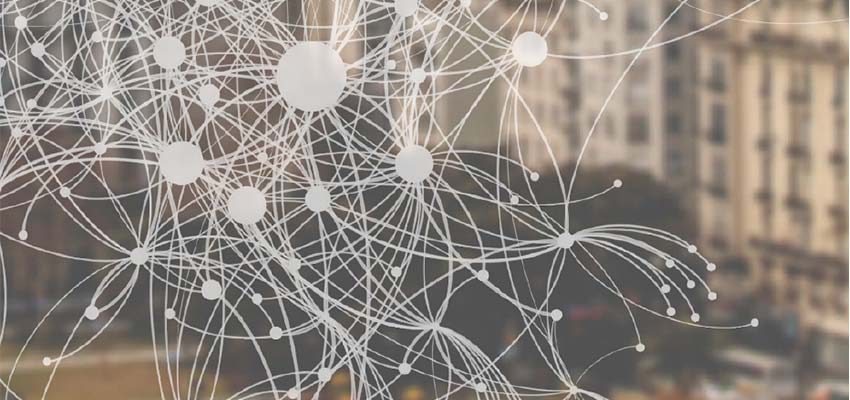
How and why to study collaboration at the level of economic ecosystems
Abstract
In the context of discussions regarding the relevance of innovation to the task of building new economic models that foster sustainable development, this paper focuses on clarifying and specifying the term “ecosystem,” which is typically used as a metaphor. Taking into account research concerning biological ecosystems, the article describes the components, structures and dynamics that biological ecosystems share in common with business, entrepreneurial, and innovation ecosystems, which together form one aspect of economic ecosystems as a whole. The paper utilizes primary data that were collected through a mixed methodology involving participatory workshops and an online survey instrument that involved members of innovation-oriented entrepreneurial ecosystems in eight cities throughout Europe and Latin America from June 2019 through February 2020.
Drawing on complex system theory as a unifying approach to describe and explain the components and structural conditions of any ecosystem, whether biological or economic, this paper proposes a theoretical approach and metrics that can be used to attain a better understanding of the social dynamics of ecosystems. Based on observations from the field of biology, it is proposed that such structural conditions tend toward equilibrium when they are constructed mainly through collaborative mechanisms. The results are shown graphically based on the data collected, utilizing metrics taken from complex network analysis and mathematical modeling from the perspective of complex system theory. This paper finds that the ecosystemic approach is more than a metaphor and can functionally describe how an ecosystem is structured and how it works by opening a wider path toward comprehending the dynamics underlying the interactions among components of economic ecosystems and their environment. The paper concludes by proposing that collaboration relationships among actors provide the required characteristics to increase balance and resilience in economic ecosystems.
About the Author
Marcelo Tedesco is a Research Affiliate with MIT D-Lab, where he is researching social dynamics in economic ecosystems with the Local Innovation Group. He is the founder and Executive Director of Global Ecosystem Dynamics (GED), an international research initiative affiliated with MIT D-Lab, based in Guadalajara, Mexico. Previously, Marcelo led the MIT Enterprise Forum in Mexico, engaging more than 8,000 entrepreneurs, innovators and scientists through its programs. He holds a PhD in Social & Business Science and has also studied management, philosophy, and social anthropology.
About the New Directions in Local Innovation Working Paper Series
This working paper series highlights research on emerging topics within the multi-disciplinary field of innovation studies by faculty and researchers based at and affiliated with MIT D-Lab. The series is intended to promote the early release of D-Lab research and to provide free, public access to working versions of papers, which might subsequently take the form of journal articles.
Contact
Elizabeth Hoffecker, Research Scientist, Local Innovation Group Lead

